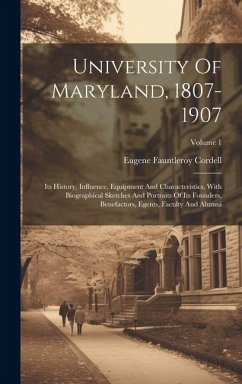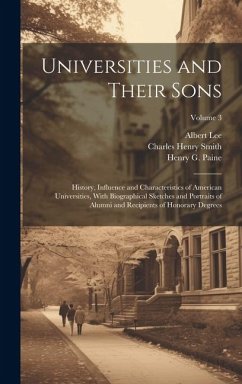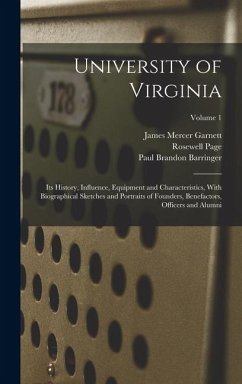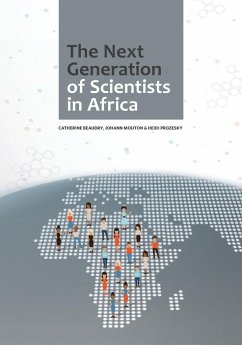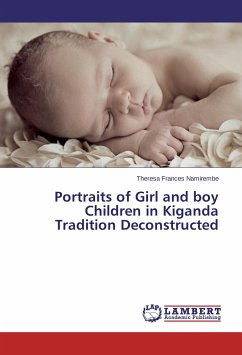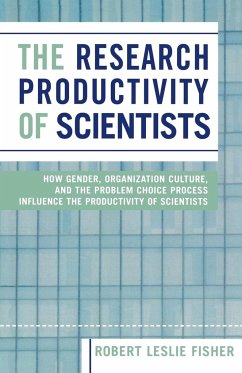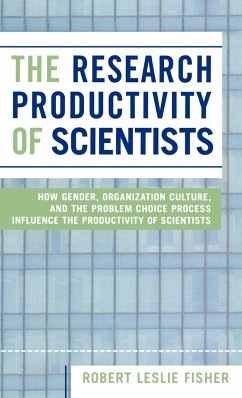Nicht lieferbar
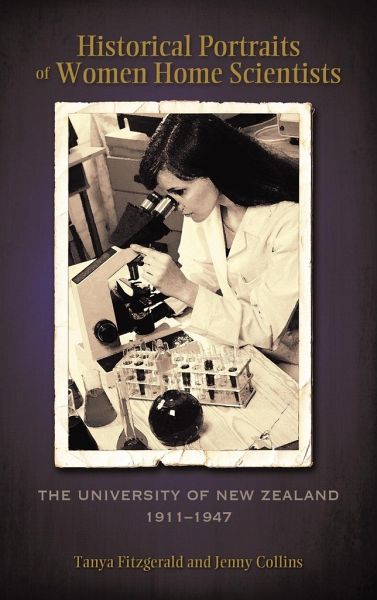
Historical Portraits of Women Home Scientists
The University of New Zealand, 1911-1947
Versandkostenfrei!
Nicht lieferbar
This book offers an historical portrait of the first generations of women home scientists at the University of New Zealand in the early decades of the twentieth century. It adopts the tools of biographical research to interrogate their professional lives in a new colonial university. With a specific focus on Home Science, this book contests contemporary views that a university education would produce glorified housekeepers. Previous scholarship has not fully considered how Home Science expanded the range of professional, academic and career options for educated women. Drawing extensively on ar...
This book offers an historical portrait of the first generations of women home scientists at the University of New Zealand in the early decades of the twentieth century. It adopts the tools of biographical research to interrogate their professional lives in a new colonial university. With a specific focus on Home Science, this book contests contemporary views that a university education would produce glorified housekeepers. Previous scholarship has not fully considered how Home Science expanded the range of professional, academic and career options for educated women. Drawing extensively on archival material from New Zealand, the United States, and England, this book examines how women worked with, around, and against gender stereotypes to establish themselves as professional scholars in the field of Home Science. This book is a rich micro-history of gender identities and roles. It demonstrates how Home Science, intended by male academic administrators to confine women to their "proper" domestic sphere, was used by home scientists to create new professional opportunities for women, both in the academy and in the scientific community at large. These determined and talented women were not victims of patriarchy but creative agents of change and promise. As activist women before them, they worked with, around, and against gender stereotypes to expand the area of "women's sphere." The portraits sketched in this book illuminate the extent to which New Zealand home scientists established connections with women in the US and England and their contribution to this transnational community of scholars. The authors go beyond arguments that Home Science, as a subject and field of study, hindered women to ask instead how and why it developed as it did. They trace the lives and careers of early home scientists to understand how these educated and mobile women transcended gendered views that their work was little more than "glorified housekeeping". The careers of academic women were deeply marked by the gendered boundaries of the Academy as well as the profoundly gendered expectations of their daily lives. The portraits presented in this book suggest that academic women were politically astute. That is, they were able to 'read' the context in which they lived and worked and while on the one hand they appeared to accept their gendered positioning, on the other, they used these opportunities to neutralize their marginal status and create a specialized education for women. Successive generations of graduate women derived benefits from the professionalization of women's work and were able to consider a range of career options that provided real alternatives to domesticity. There can be little doubt that these first generations of academic women occupied dangerous territory; and it is this terrain that contemporary women academics inhabit. The history of women's higher education continues to be deeply marked by enduring struggles for recognition of their scholarly contribution and expertise. Historical Portraits of Women Home Scientists is an important book for those interested in the history of women's higher education, gender and the professions, historical methodology, and transnational histories of women home scientists.




